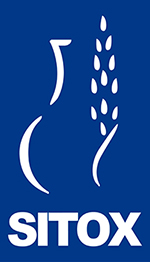Cardiospecific troponins in non-ischemic cardiological pathologies
Submitted: 17 February 2013
Accepted: 17 February 2013
Published: 20 October 2006
Accepted: 17 February 2013
Abstract Views: 997
PDF: 17094
Publisher's note
All claims expressed in this article are solely those of the authors and do not necessarily represent those of their affiliated organizations, or those of the publisher, the editors and the reviewers. Any product that may be evaluated in this article or claim that may be made by its manufacturer is not guaranteed or endorsed by the publisher.
All claims expressed in this article are solely those of the authors and do not necessarily represent those of their affiliated organizations, or those of the publisher, the editors and the reviewers. Any product that may be evaluated in this article or claim that may be made by its manufacturer is not guaranteed or endorsed by the publisher.
Lippi, G., Montagnana, M., & Guidi, G. C. (2006). Cardiospecific troponins in non-ischemic cardiological pathologies. Emergency Care Journal, 2(5), 35–42. https://doi.org/10.4081/ecj.2006.5.35
PAGEPress has chosen to apply the Creative Commons Attribution NonCommercial 4.0 International License (CC BY-NC 4.0) to all manuscripts to be published.


 https://doi.org/10.4081/ecj.2006.5.35
https://doi.org/10.4081/ecj.2006.5.35







